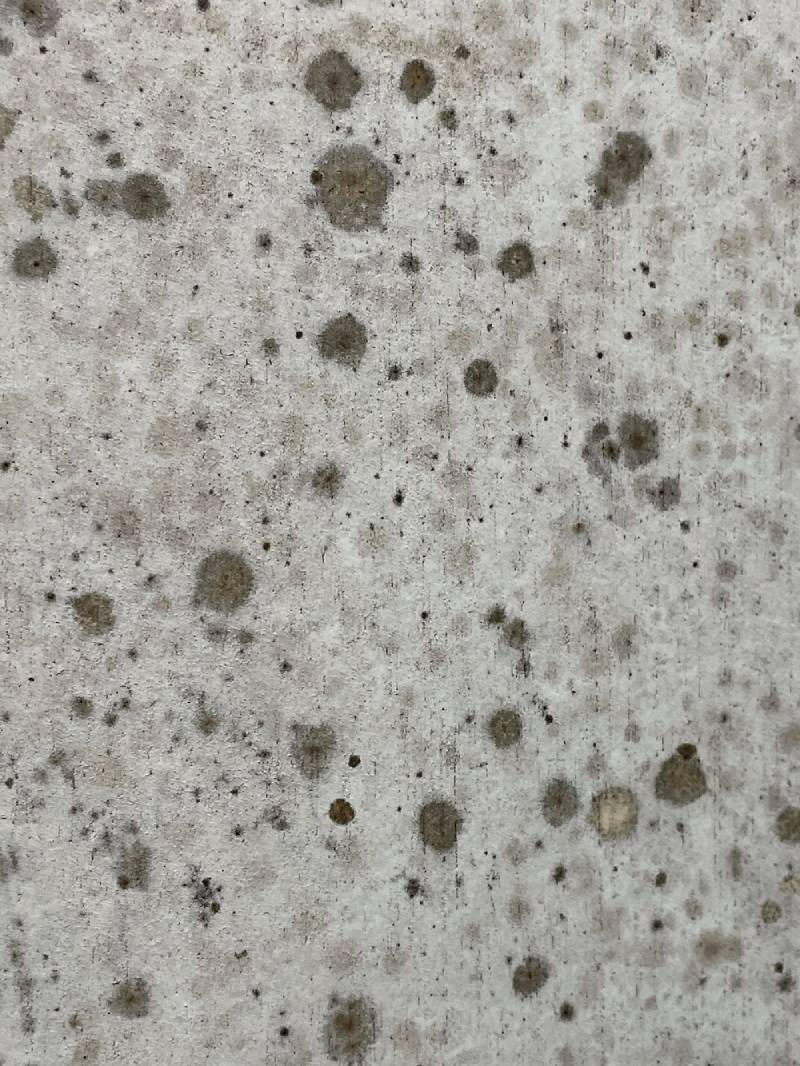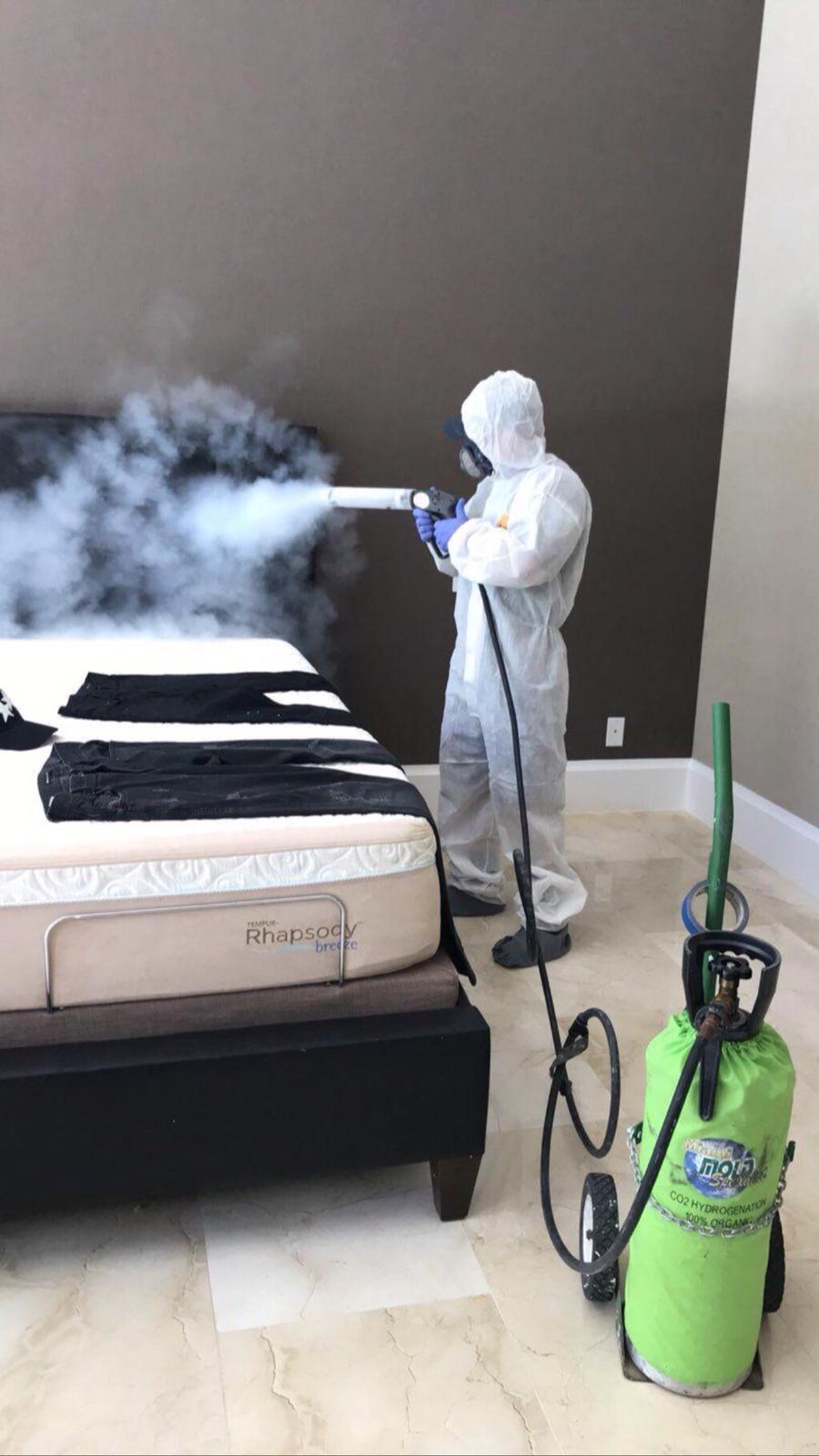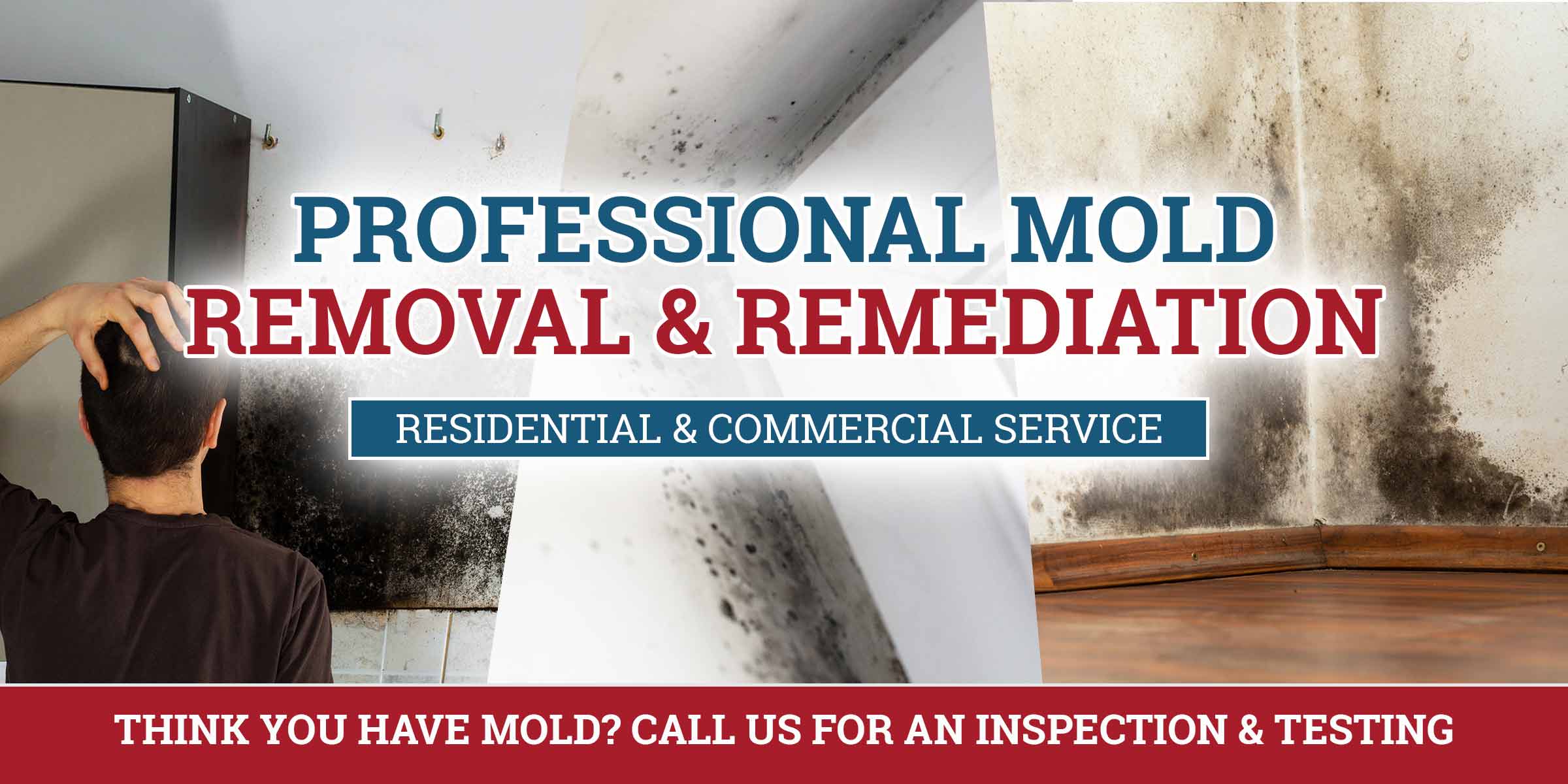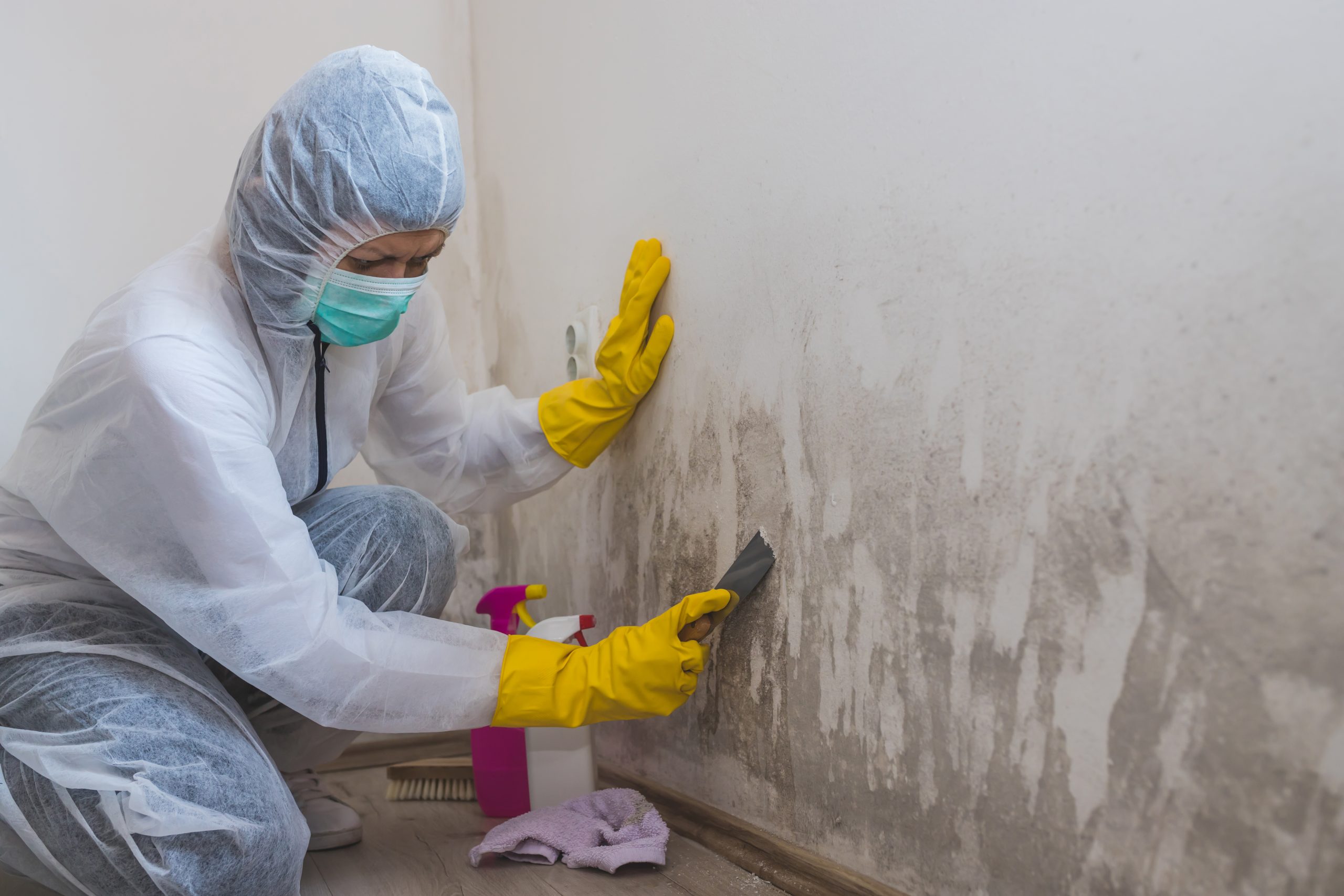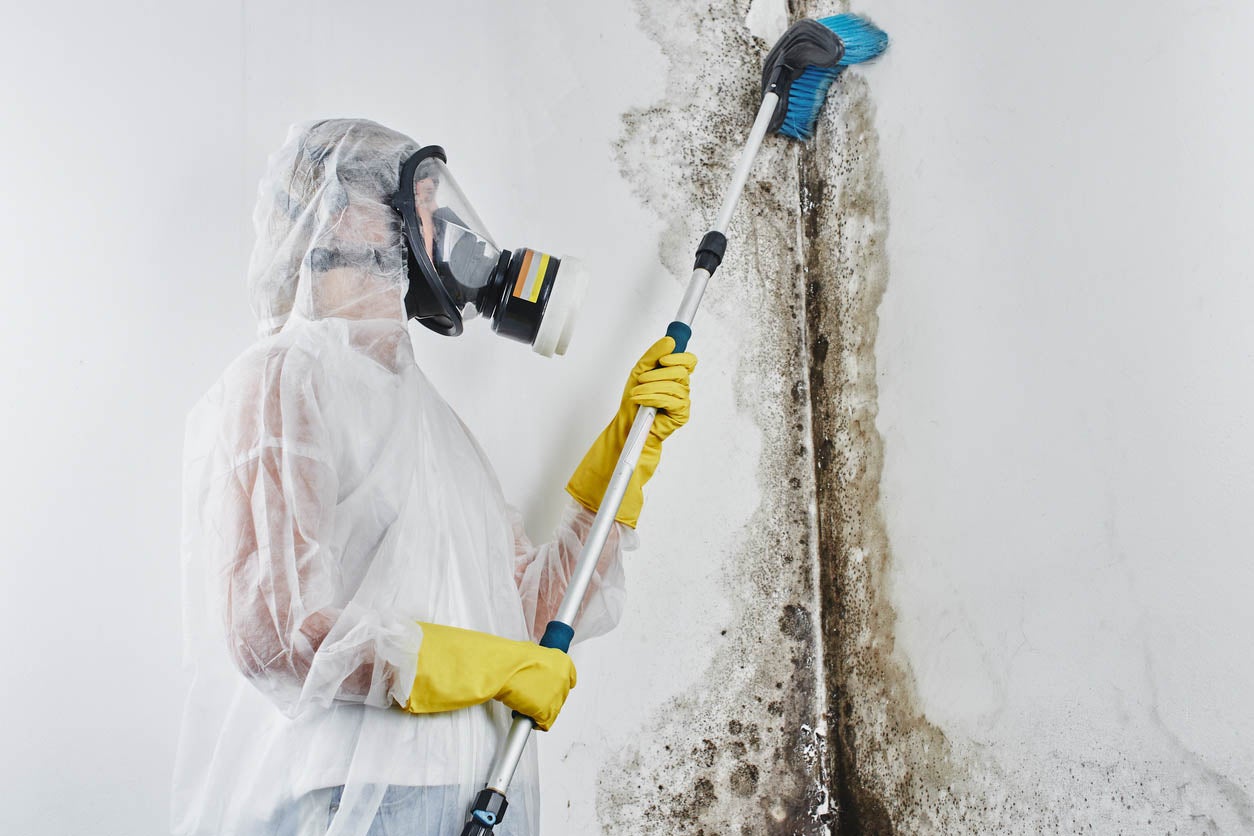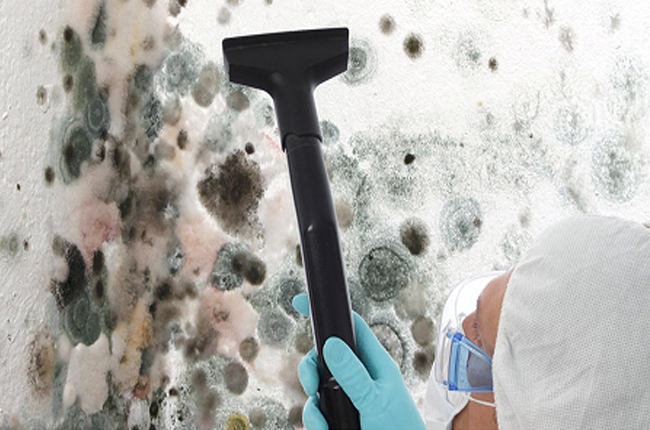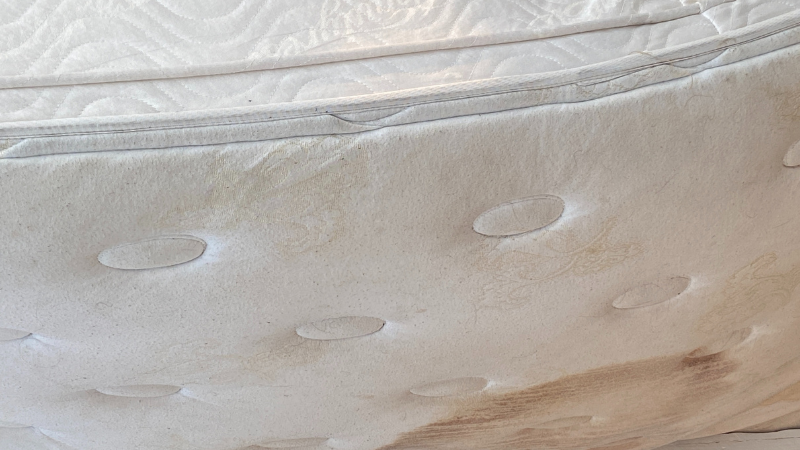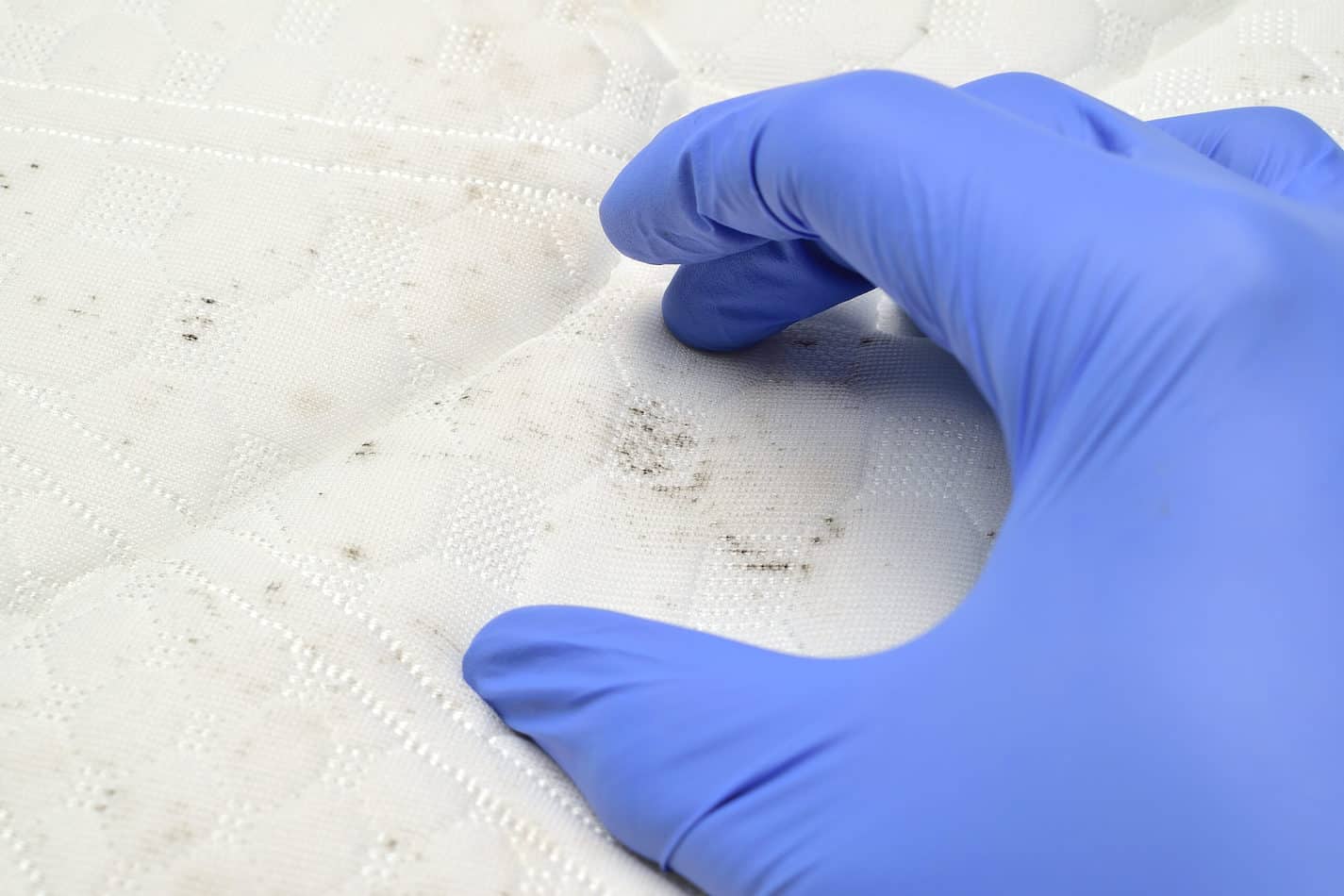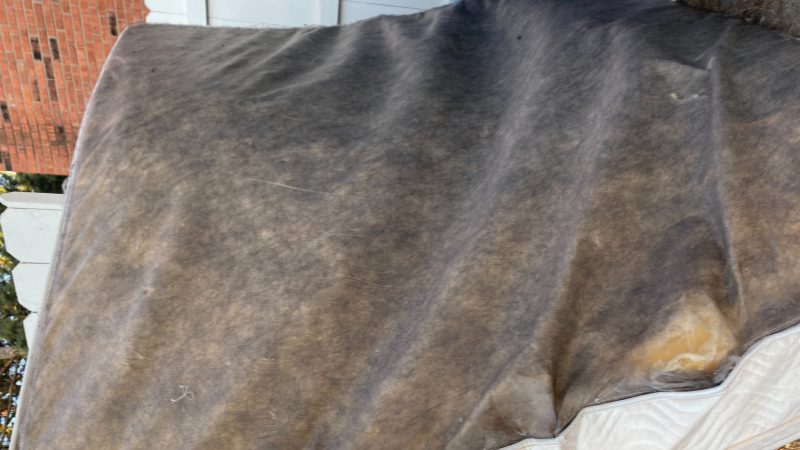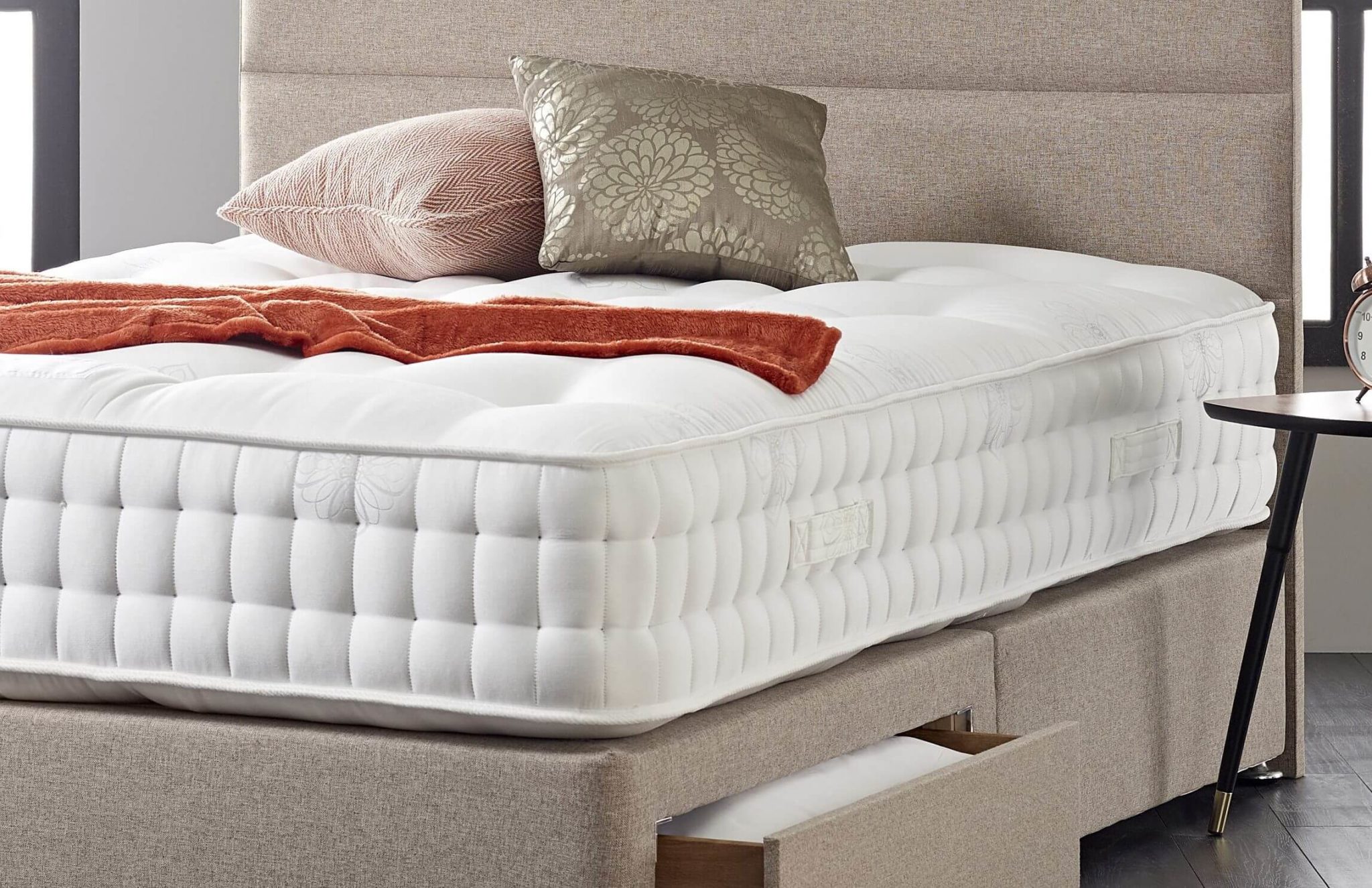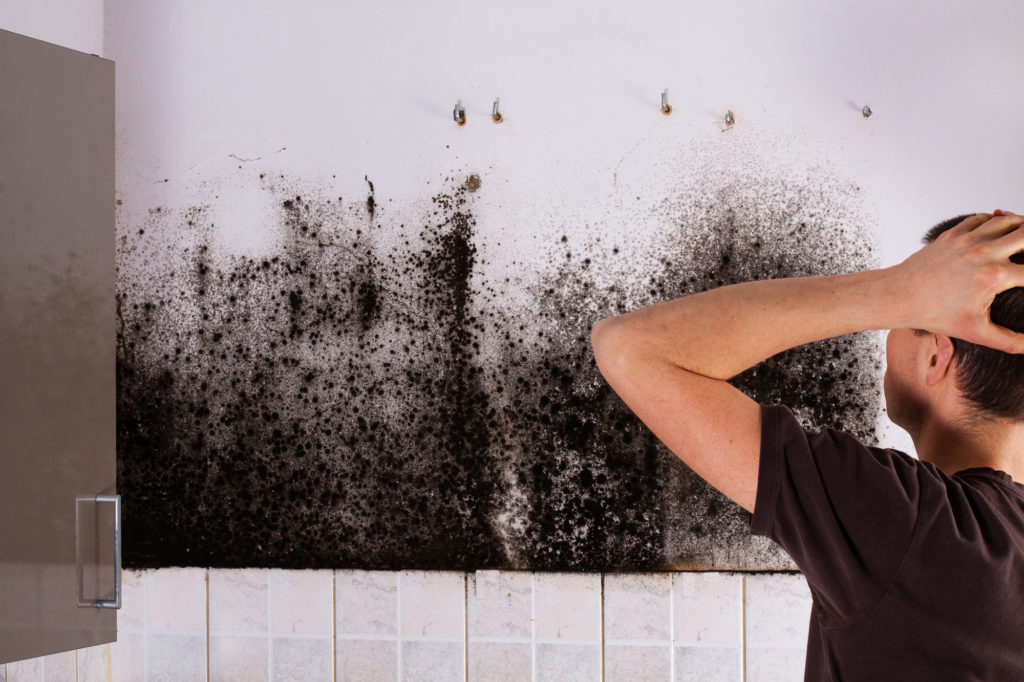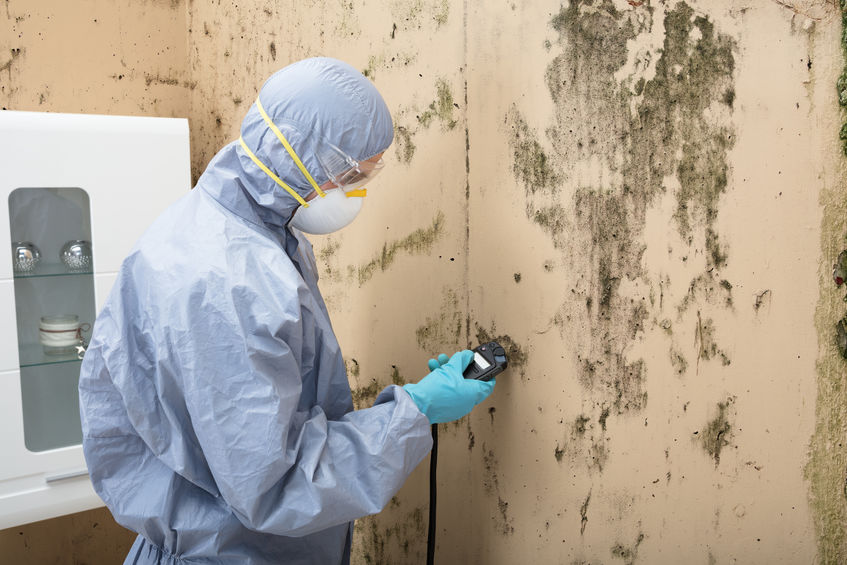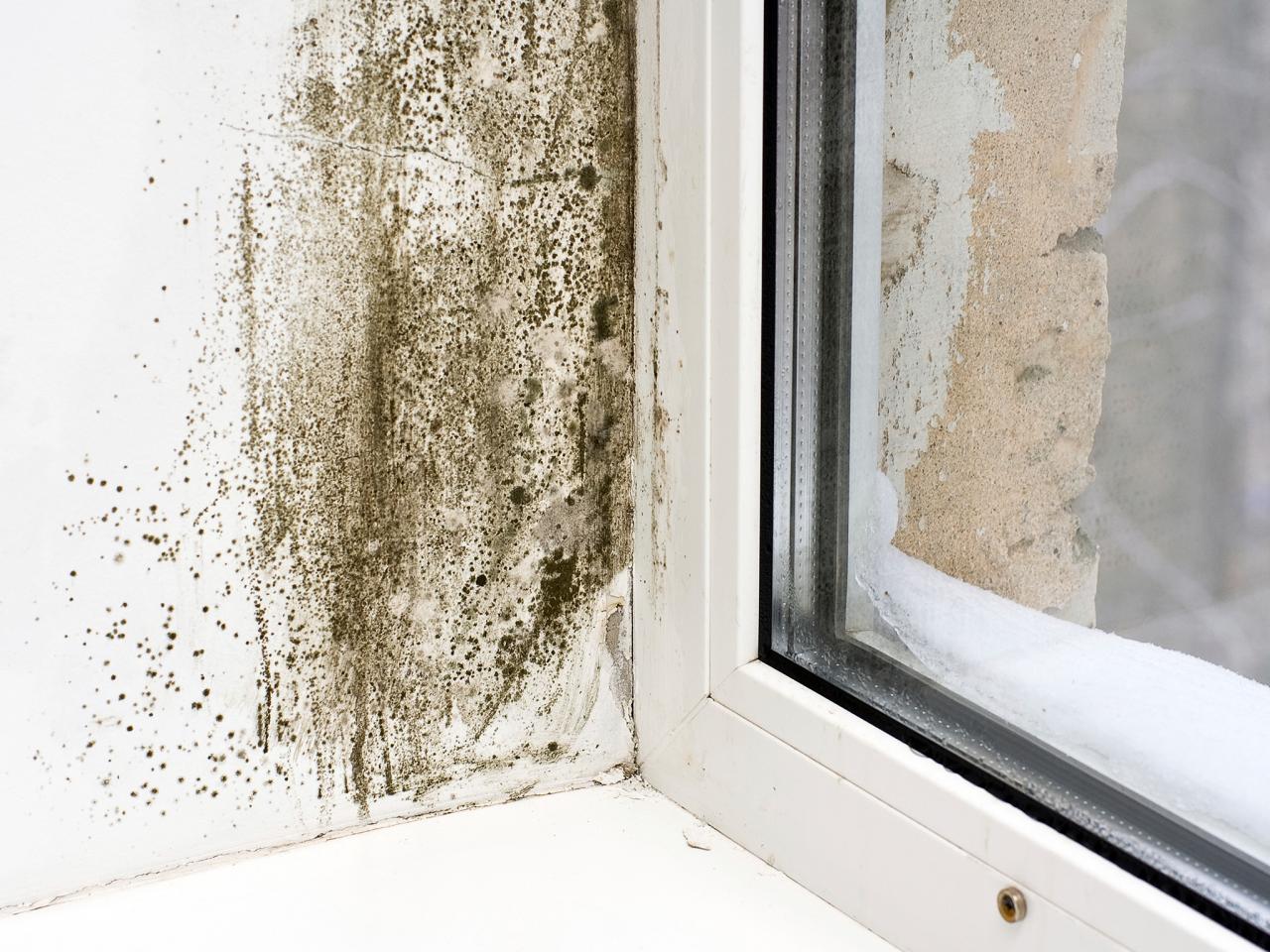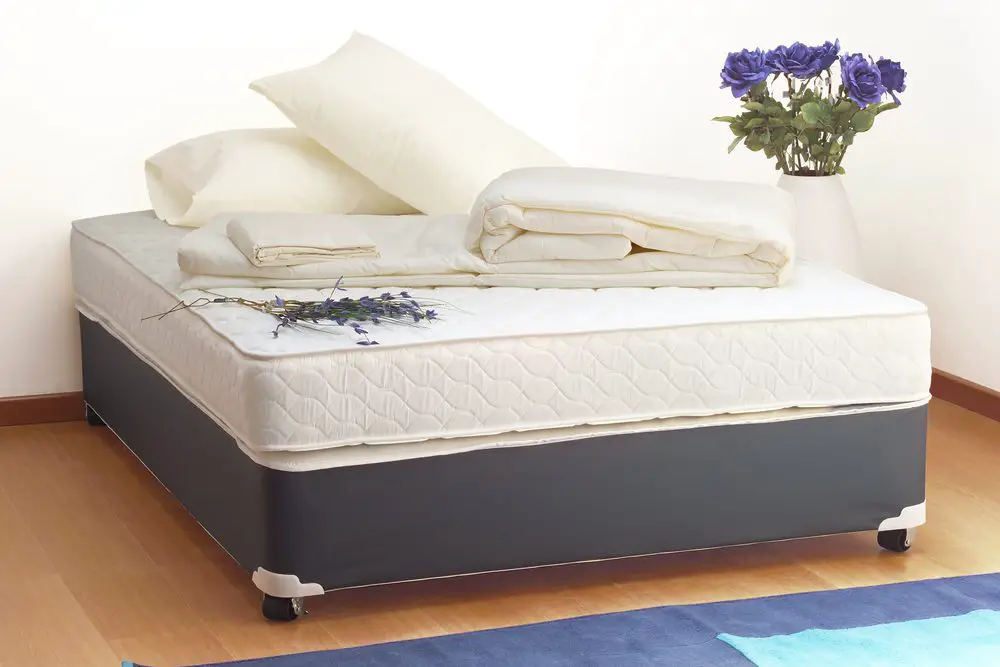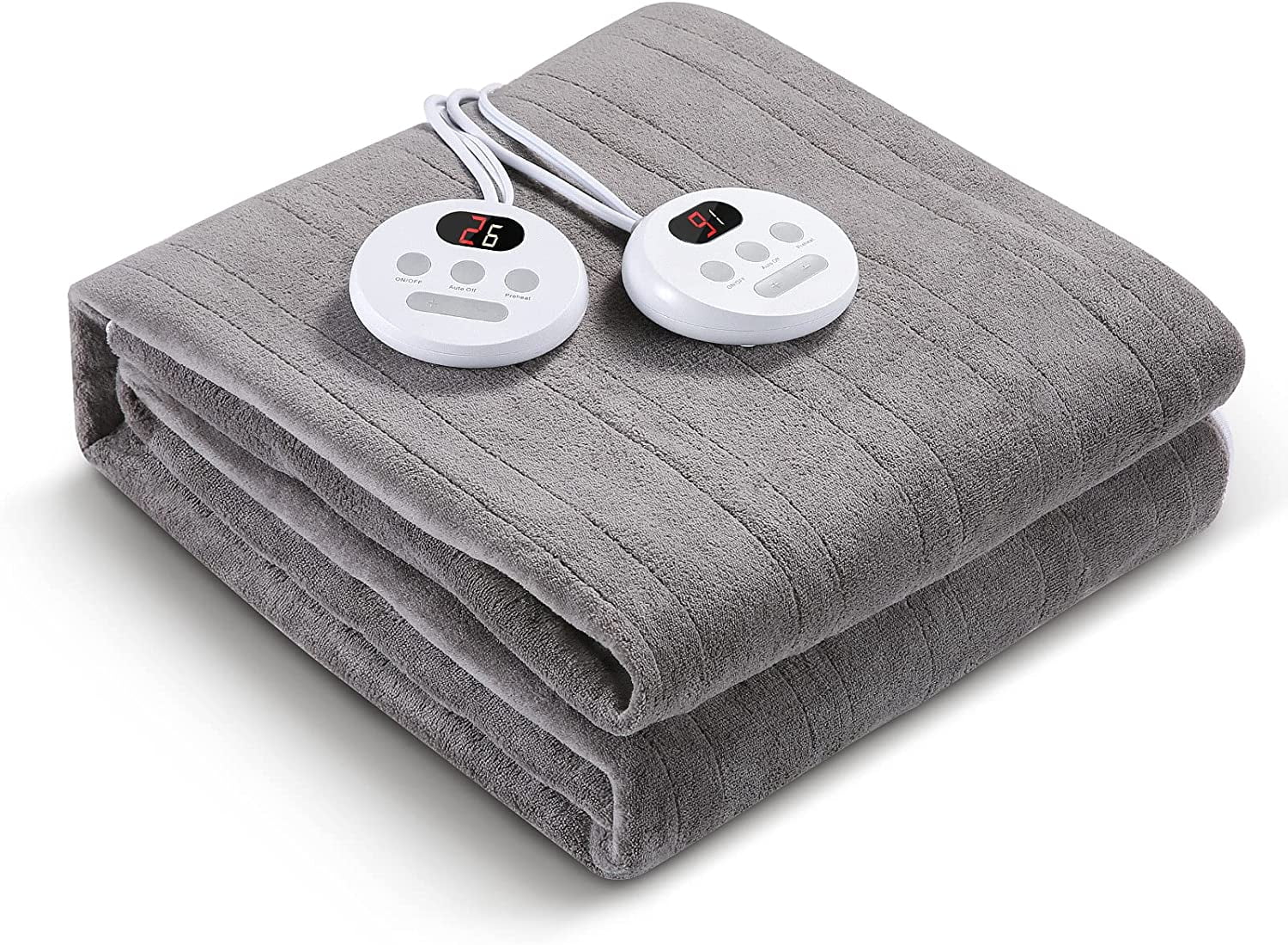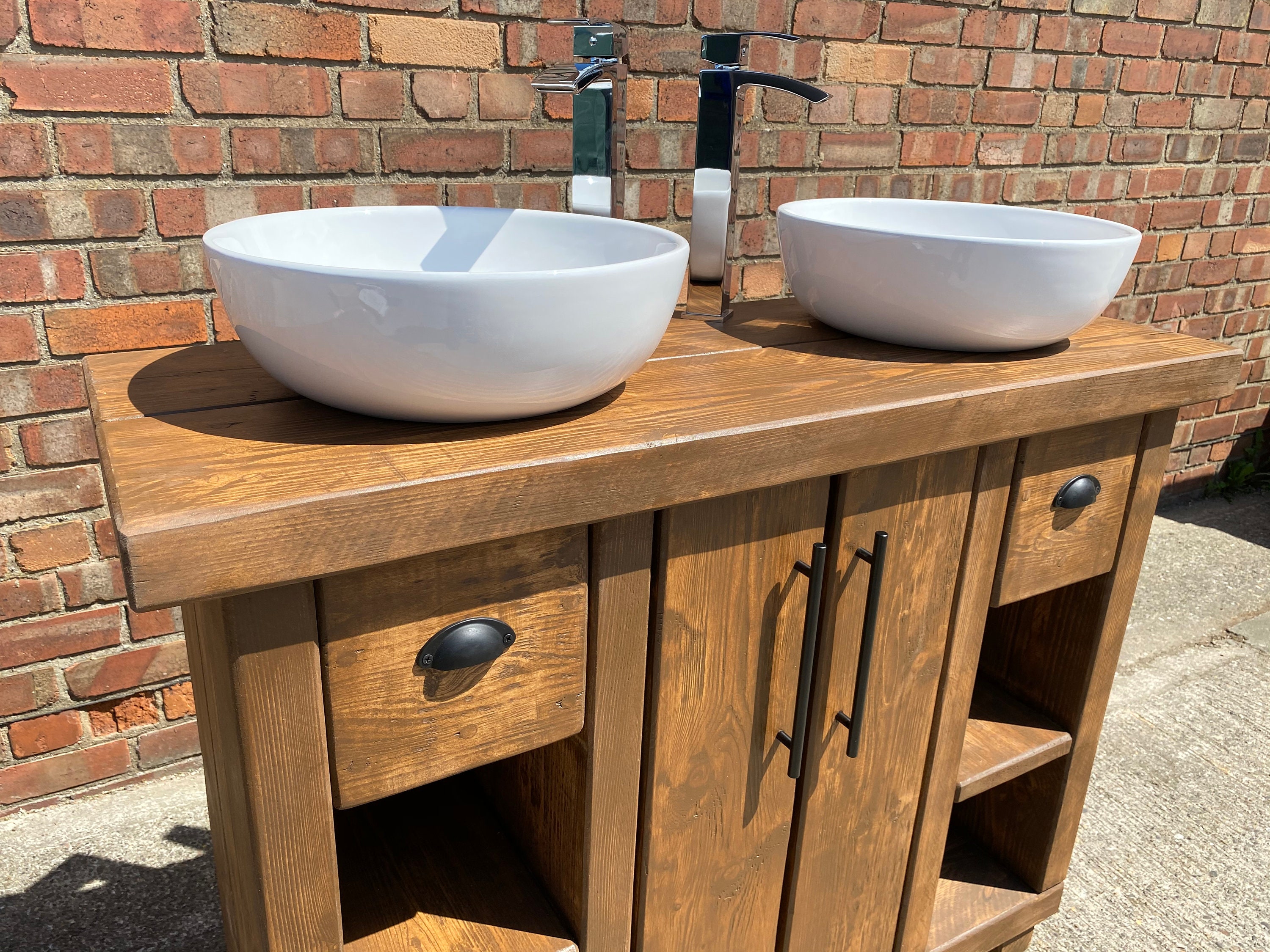If you've noticed a musty odor coming from your bed or have seen strange discoloration on your mattress, it's possible that you have a mold problem. Mold can quickly grow in warm, damp environments, making your mattress the perfect breeding ground. Not only can mold cause damage to your mattress, but it can also have negative effects on your health. Here are some tips on how to safely and effectively remove mold from your bed mattress.How to Remove Mold from a Mattress
The first step in removing mold from your mattress is to thoroughly clean it. Start by removing all bedding and vacuuming your mattress to remove any loose mold spores. Then, mix a solution of equal parts water and white vinegar in a spray bottle. Use a clean cloth to lightly spray the solution onto the affected areas of your mattress. Let it sit for 15-20 minutes before wiping it off with a damp cloth. This will help kill the mold and remove any stains.How to Clean a Moldy Mattress
Prevention is key when it comes to mold growth on your mattress. To prevent mold from growing, make sure to regularly flip and rotate your mattress to allow for proper airflow. Also, invest in a good quality waterproof mattress protector to prevent moisture from seeping into your mattress. Make sure to wash your bedding regularly and keep your bedroom well-ventilated to prevent excessive moisture buildup.Preventing Mold Growth on Your Mattress
It's important to be able to identify the signs of mold on your bed mattress so that you can take action quickly. Some common signs of mold on a mattress include a musty odor, visible discoloration, and the development of small dark spots. If you notice any of these signs, it's important to take action immediately to prevent the mold from spreading.Signs of Mold on Your Bed Mattress
Sleeping on a moldy mattress can have negative effects on your health. Mold can cause respiratory issues, allergies, and even skin irritations. If you have a weakened immune system, mold exposure can also lead to more serious health problems. It's important to address any mold growth on your mattress as soon as possible to avoid these potential health risks.Health Risks of Sleeping on a Moldy Mattress
If you have a small area of mold on your mattress, you may be able to remove it yourself using the methods mentioned above. However, if the mold has spread to a larger area or is deeply embedded in the mattress, it's best to seek professional help. Attempting to remove large amounts of mold on your own can be dangerous and may cause the mold to spread even further.DIY Mold Removal for Mattresses
When it comes to removing mold from your mattress, there are several products that can be effective. As mentioned earlier, a solution of equal parts water and white vinegar can help kill mold and remove stains. You can also use hydrogen peroxide or a mold removal spray specifically designed for mattresses. Be sure to carefully follow the instructions on the product and use caution when handling any chemicals.Best Products for Removing Mold from Mattresses
If you're dealing with a severe mold problem on your mattress, it's best to seek the help of a professional mold removal service. They have the necessary equipment and expertise to safely and effectively remove mold from your mattress. They can also provide tips on how to prevent mold growth in the future.Professional Mold Removal Services for Mattresses
Aside from regularly cleaning and maintaining your mattress, there are some steps you can take to prevent mold growth on your bedding and mattress. Avoid leaving wet or damp items on your bed, such as towels or clothes. Make sure to dry your bedding and mattress protector thoroughly before putting it back on your bed. If you notice any signs of mold, take immediate action to prevent it from spreading.How to Prevent Mold on Your Bedding and Mattress
Mold can grow on your bed mattress for a variety of reasons. The most common cause is excessive moisture or humidity in the bedroom. This can be exacerbated by sweat, spills, or a leaky ceiling. Other factors that can contribute to mold growth on mattresses include poor ventilation, not regularly cleaning and maintaining your mattress, and living in a humid climate. By addressing these issues, you can prevent mold growth on your bed mattress.Common Causes of Mold on Bed Mattresses
How to Prevent and Remove Mold on Your Bed Mattress

What is Mold and Why Does it Grow on Mattresses?
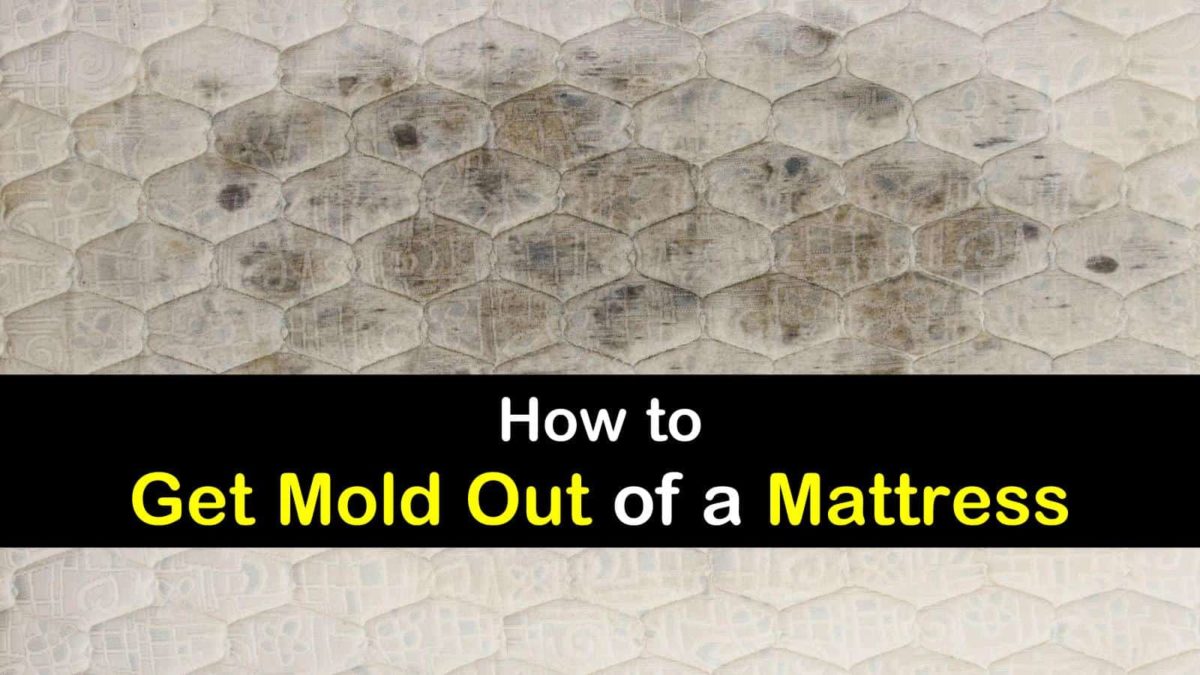 Mold is a type of fungus that can grow on various surfaces, including your bed mattress. It thrives in warm, damp environments and can develop quickly if left unchecked. Mold can cause a musty odor, discoloration, and even health issues for those who are sensitive to it. Mattresses are particularly susceptible to mold growth because they absorb sweat, moisture, and other bodily fluids. If not properly cleaned and maintained, mold can start to grow on your bed mattress, making it an unpleasant and potentially hazardous place to sleep.
Mold is a type of fungus that can grow on various surfaces, including your bed mattress. It thrives in warm, damp environments and can develop quickly if left unchecked. Mold can cause a musty odor, discoloration, and even health issues for those who are sensitive to it. Mattresses are particularly susceptible to mold growth because they absorb sweat, moisture, and other bodily fluids. If not properly cleaned and maintained, mold can start to grow on your bed mattress, making it an unpleasant and potentially hazardous place to sleep.
Preventing Mold Growth on Your Bed Mattress
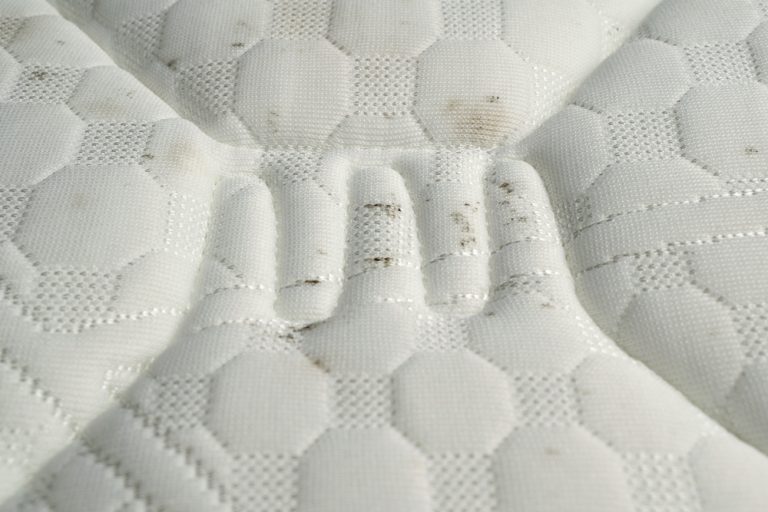 The best way to deal with mold on your bed mattress is to prevent it from growing in the first place. Here are some tips to keep your mattress clean, dry, and mold-free:
1. Invest in a Mattress Cover:
A waterproof, breathable mattress cover will act as a barrier between your body and the mattress, preventing sweat and other fluids from being absorbed.
2. Keep Your Bedroom Well-Ventilated:
Proper air circulation is essential in preventing mold growth. Make sure your bedroom is well-ventilated by opening windows, using a dehumidifier, or running a fan.
3. Use a Dehumidifier:
If you live in a humid climate, consider investing in a dehumidifier for your bedroom. This will help keep the air dry and prevent mold growth.
4. Wash Your Bedding Regularly:
Your bedding, including sheets, pillowcases, and mattress covers, should be washed at least once a week in hot water to kill any mold spores that may be present.
The best way to deal with mold on your bed mattress is to prevent it from growing in the first place. Here are some tips to keep your mattress clean, dry, and mold-free:
1. Invest in a Mattress Cover:
A waterproof, breathable mattress cover will act as a barrier between your body and the mattress, preventing sweat and other fluids from being absorbed.
2. Keep Your Bedroom Well-Ventilated:
Proper air circulation is essential in preventing mold growth. Make sure your bedroom is well-ventilated by opening windows, using a dehumidifier, or running a fan.
3. Use a Dehumidifier:
If you live in a humid climate, consider investing in a dehumidifier for your bedroom. This will help keep the air dry and prevent mold growth.
4. Wash Your Bedding Regularly:
Your bedding, including sheets, pillowcases, and mattress covers, should be washed at least once a week in hot water to kill any mold spores that may be present.
Removing Mold from Your Bed Mattress
 If you do happen to discover mold on your bed mattress, don't panic. It can be removed with the right tools and techniques. Here's how:
1. Remove the Mattress Cover and Bedding:
Carefully remove the mattress cover and all bedding from the mattress. If there is any visible mold, wear a mask to prevent inhaling spores.
2. Vacuum the Mattress:
Use a vacuum with a HEPA filter to thoroughly clean the mattress. This will remove any loose mold spores and make the cleaning process easier.
3. Mix a Cleaning Solution:
In a spray bottle, mix equal parts water and white vinegar. You can also add a few drops of tea tree oil, which is known for its anti-fungal properties.
4. Spray and Scrub:
Spray the cleaning solution onto the affected areas of the mattress and use a soft-bristled brush to gently scrub the mold away. Be sure to wear gloves and avoid getting the mattress too wet.
5. Let it Dry:
Once you have thoroughly cleaned the mattress, let it air dry in a well-ventilated area. You can also use a fan to speed up the drying process.
6. Use a Steam Cleaner:
For stubborn mold stains, consider using a steam cleaner to deep clean and sanitize the mattress.
By following these prevention and cleaning tips, you can ensure that your bed mattress remains mold-free. Remember to inspect your mattress regularly and address any mold growth immediately to keep your sleeping environment safe and healthy.
If you do happen to discover mold on your bed mattress, don't panic. It can be removed with the right tools and techniques. Here's how:
1. Remove the Mattress Cover and Bedding:
Carefully remove the mattress cover and all bedding from the mattress. If there is any visible mold, wear a mask to prevent inhaling spores.
2. Vacuum the Mattress:
Use a vacuum with a HEPA filter to thoroughly clean the mattress. This will remove any loose mold spores and make the cleaning process easier.
3. Mix a Cleaning Solution:
In a spray bottle, mix equal parts water and white vinegar. You can also add a few drops of tea tree oil, which is known for its anti-fungal properties.
4. Spray and Scrub:
Spray the cleaning solution onto the affected areas of the mattress and use a soft-bristled brush to gently scrub the mold away. Be sure to wear gloves and avoid getting the mattress too wet.
5. Let it Dry:
Once you have thoroughly cleaned the mattress, let it air dry in a well-ventilated area. You can also use a fan to speed up the drying process.
6. Use a Steam Cleaner:
For stubborn mold stains, consider using a steam cleaner to deep clean and sanitize the mattress.
By following these prevention and cleaning tips, you can ensure that your bed mattress remains mold-free. Remember to inspect your mattress regularly and address any mold growth immediately to keep your sleeping environment safe and healthy.




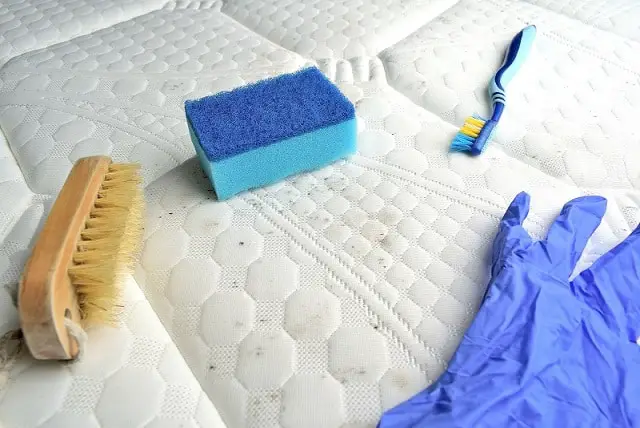

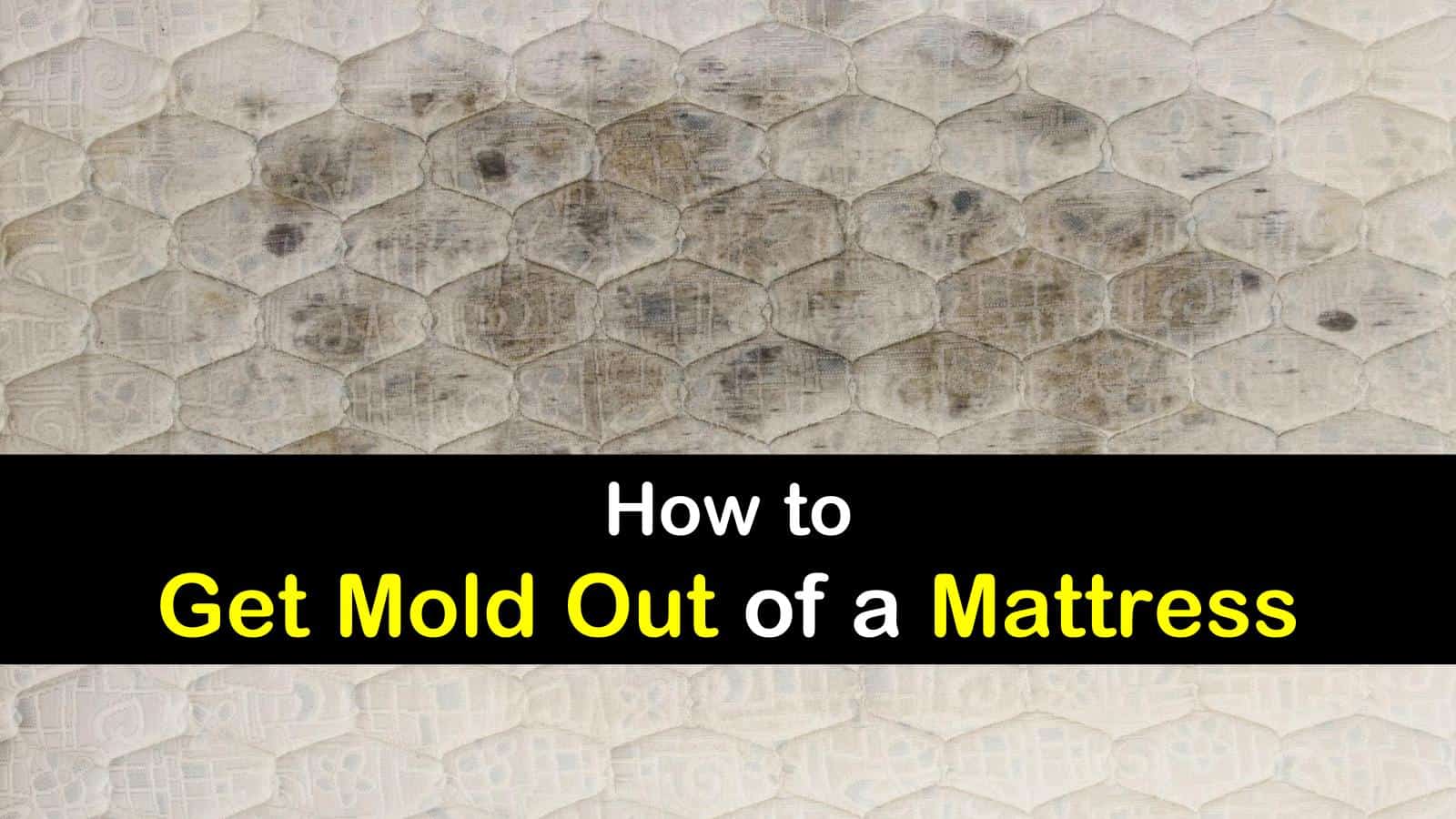
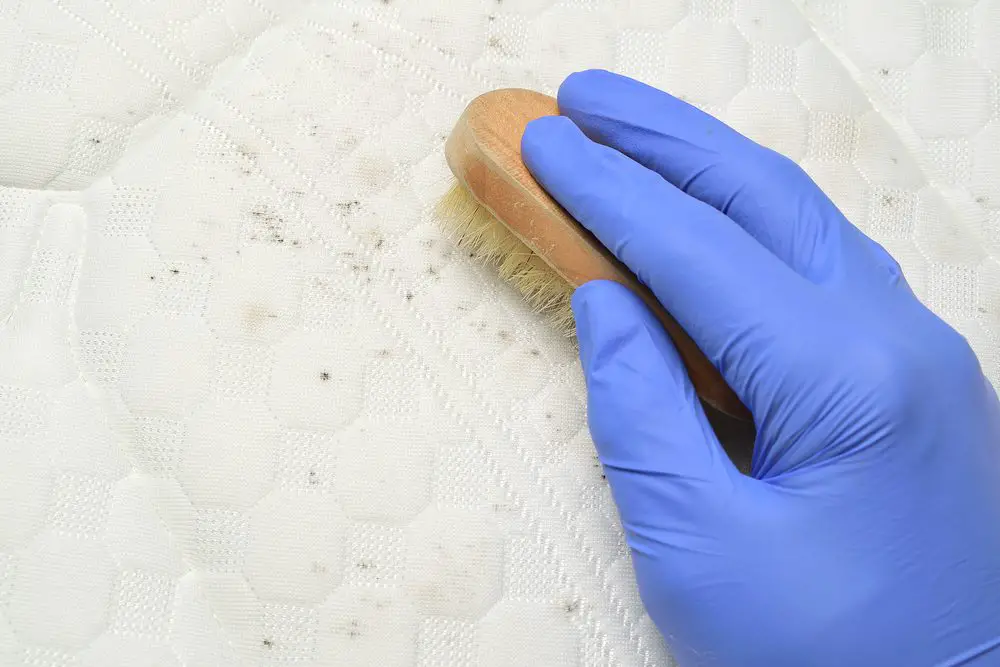
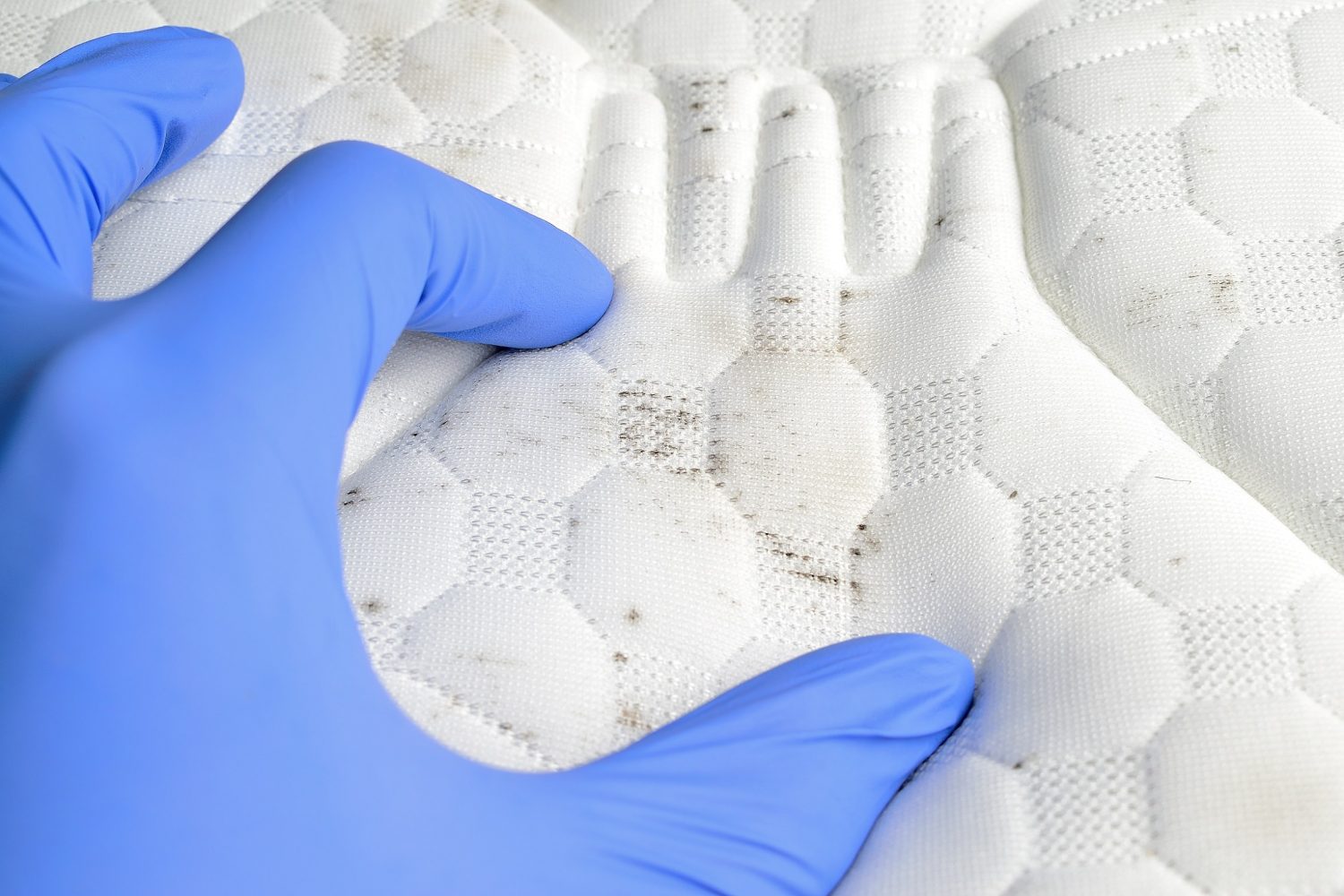









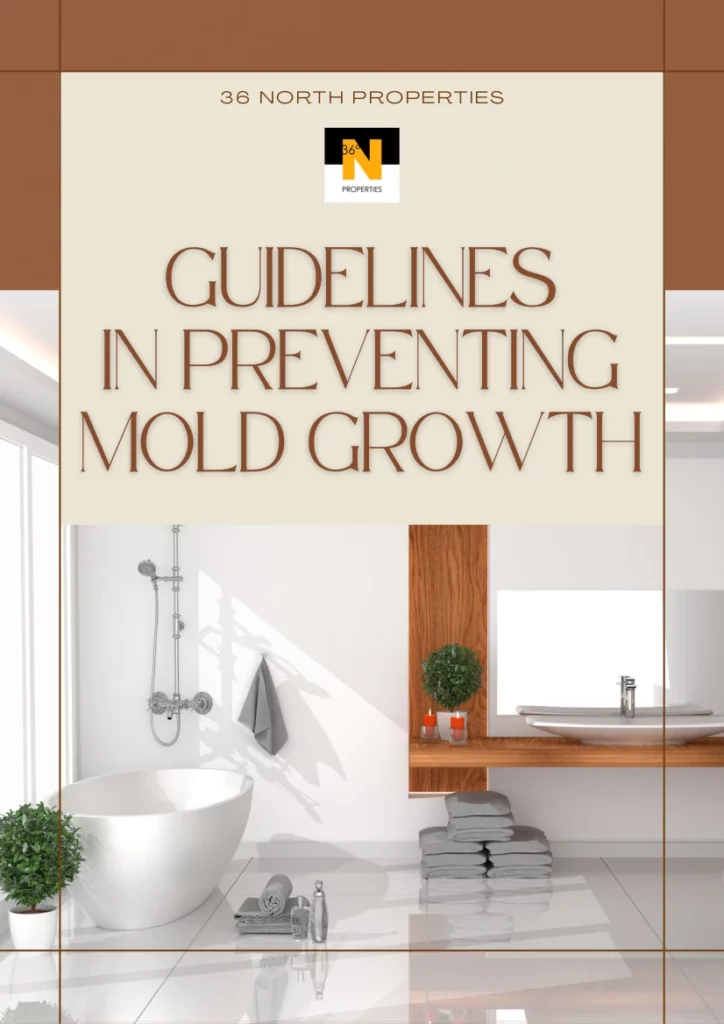

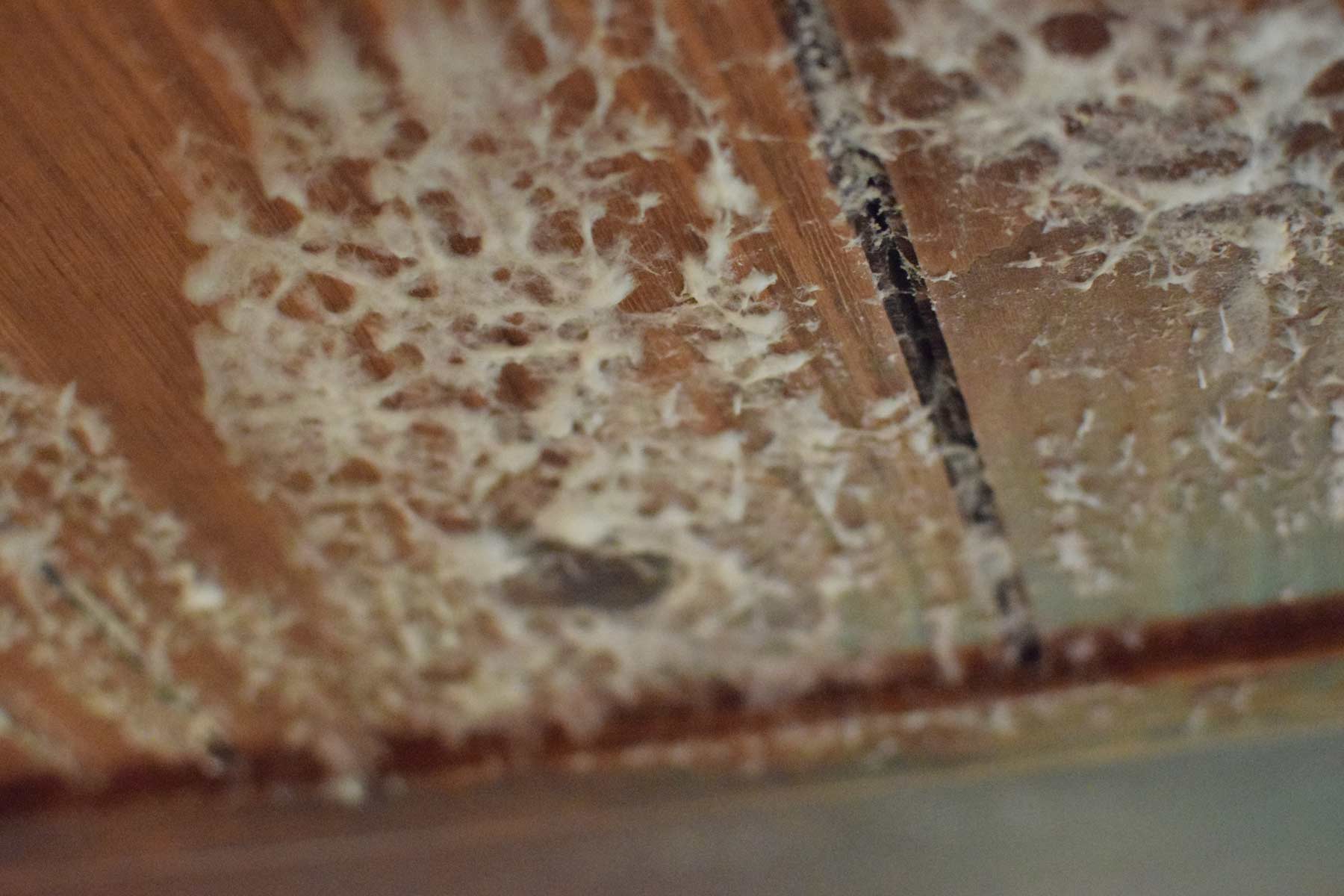




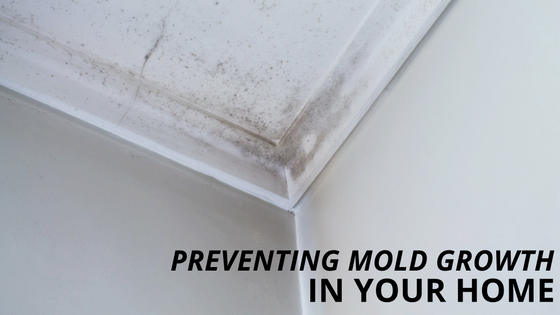


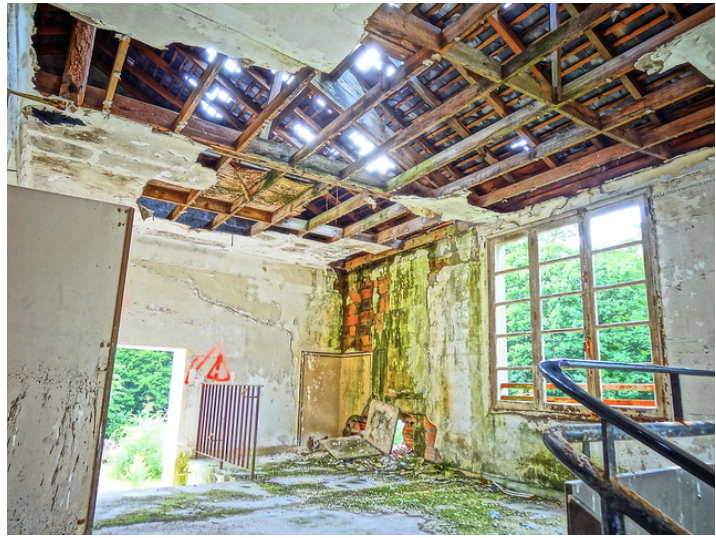

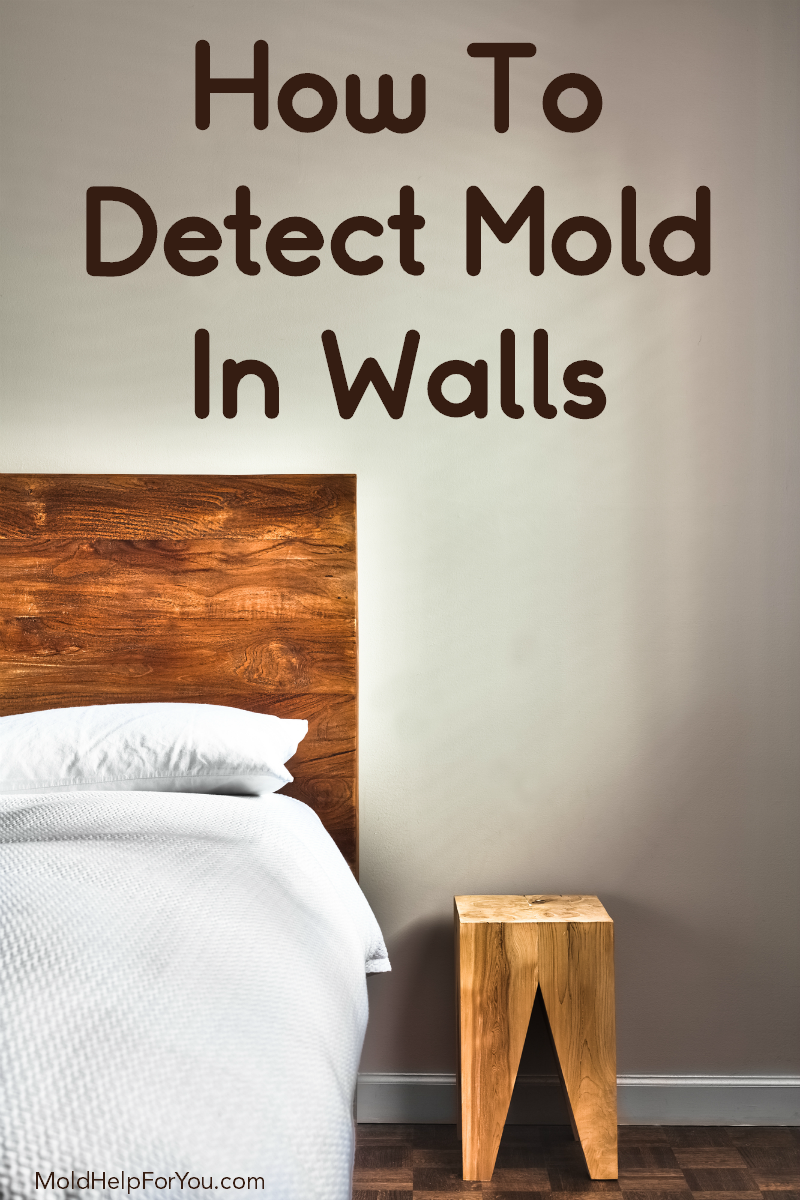

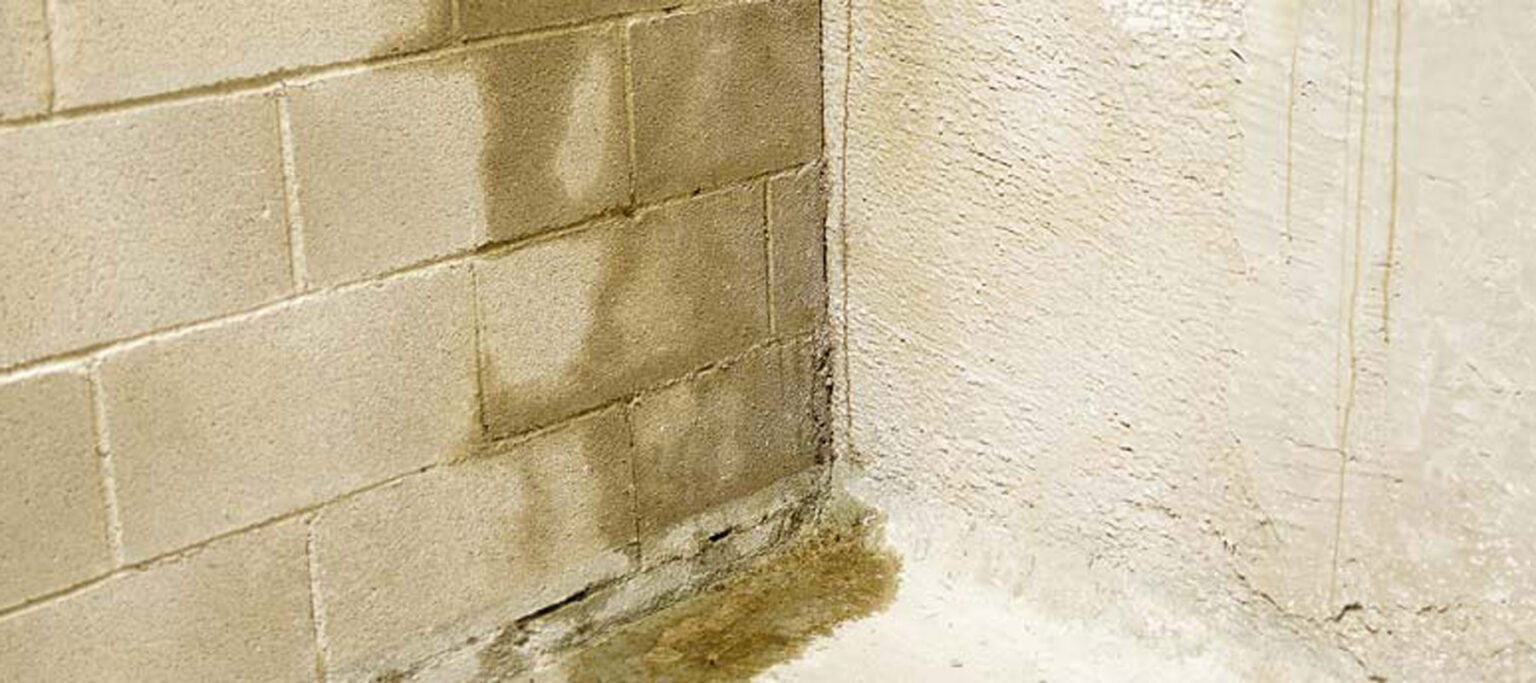
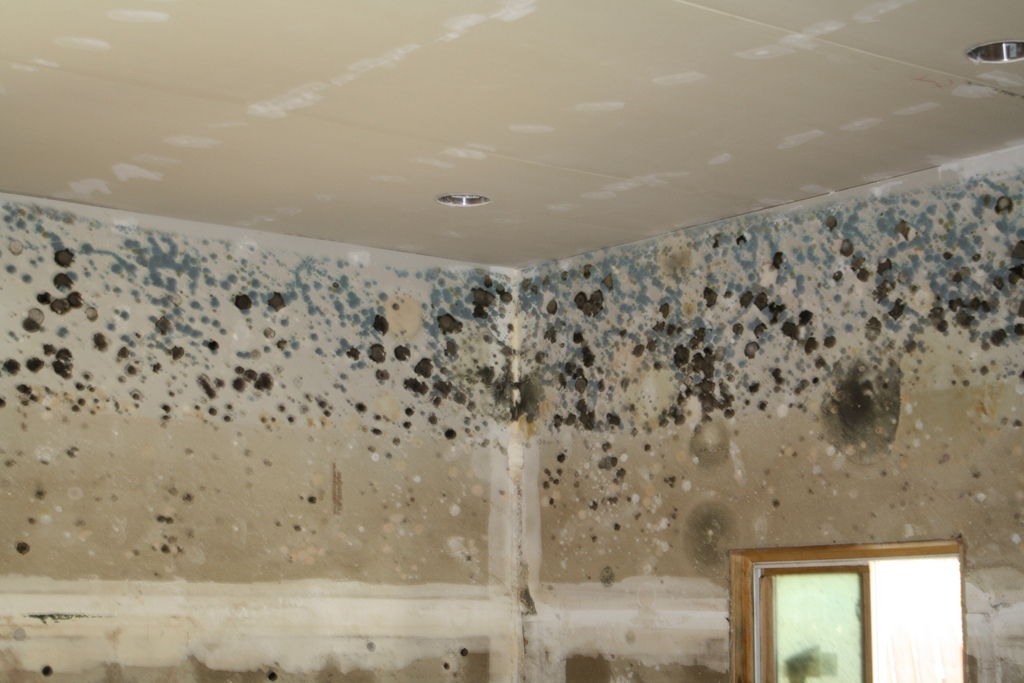
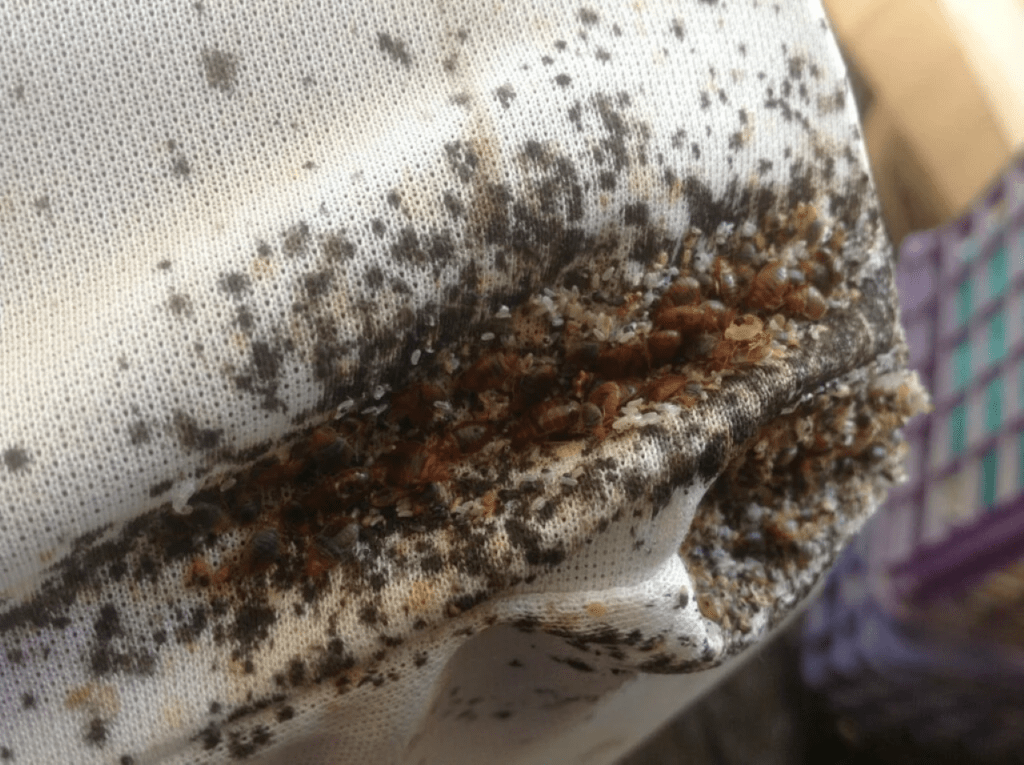
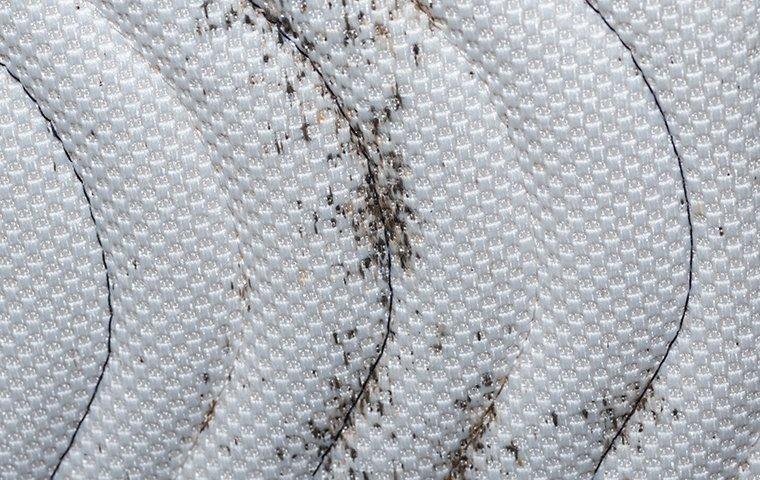
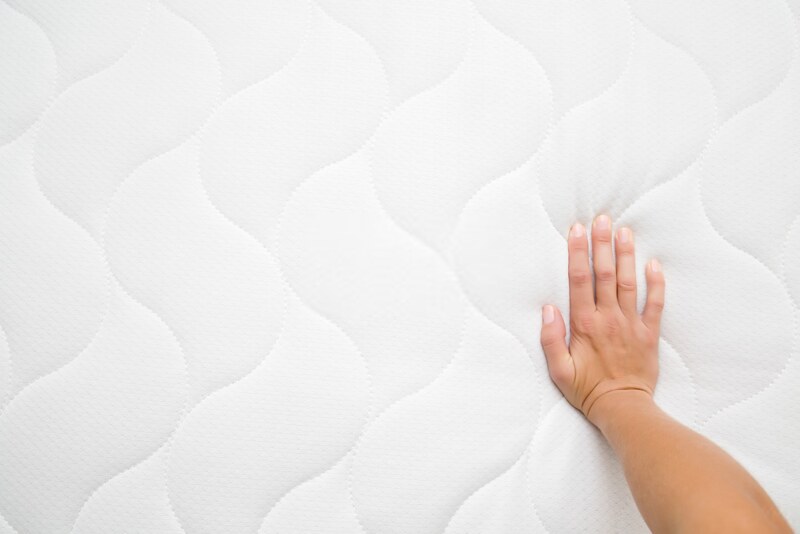




:max_bytes(150000):strip_icc()/what-are-the-symptoms-of-sleep-deprivation-3015161_color4-5b42c4ddc9e77c00374089b8.png)




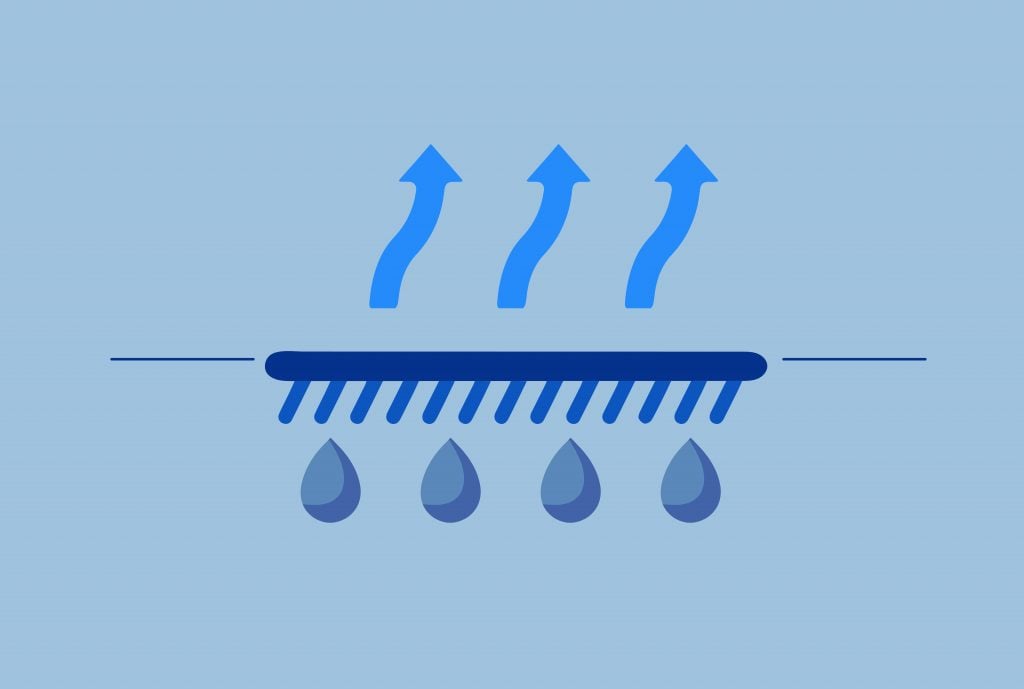
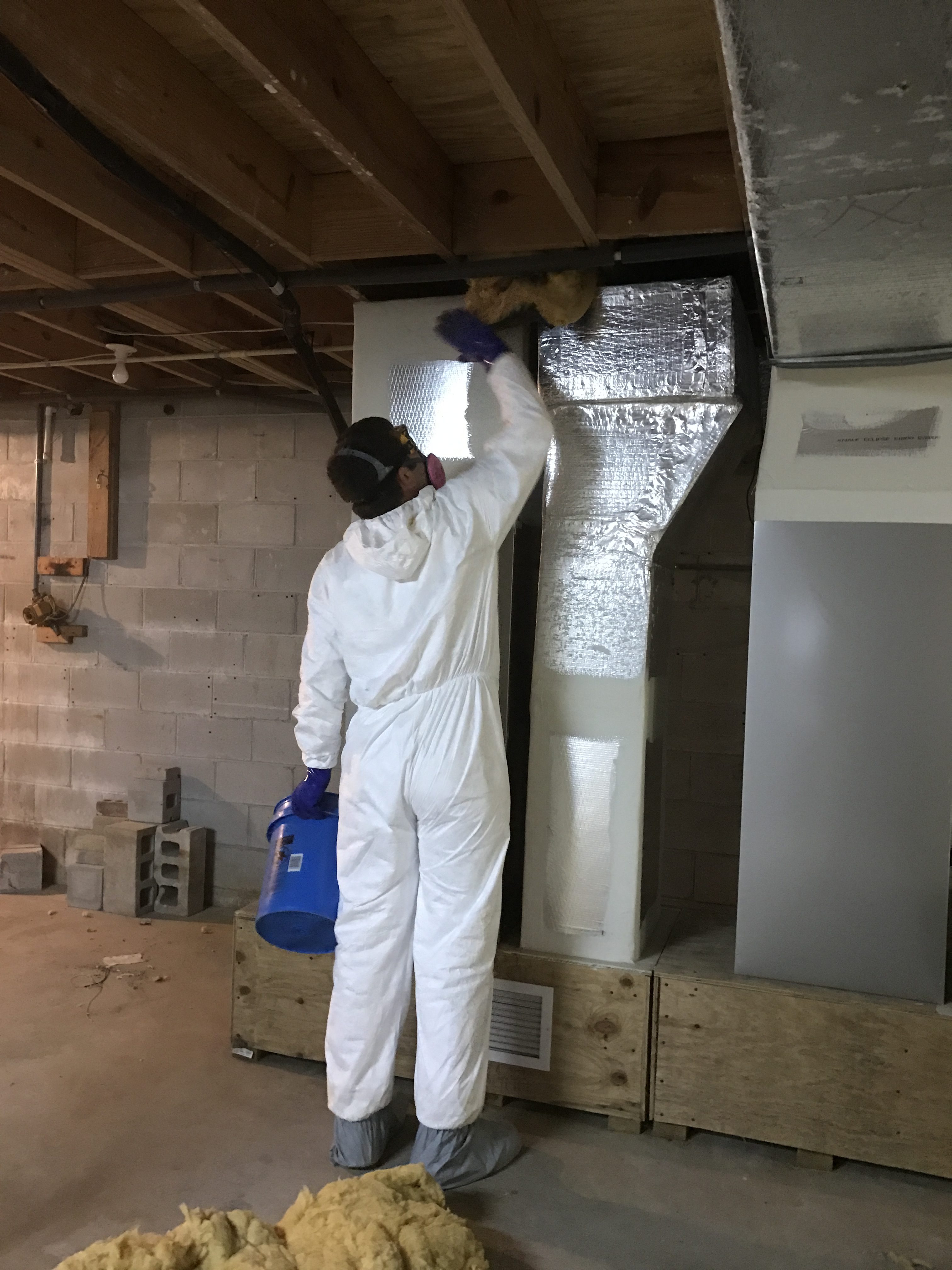





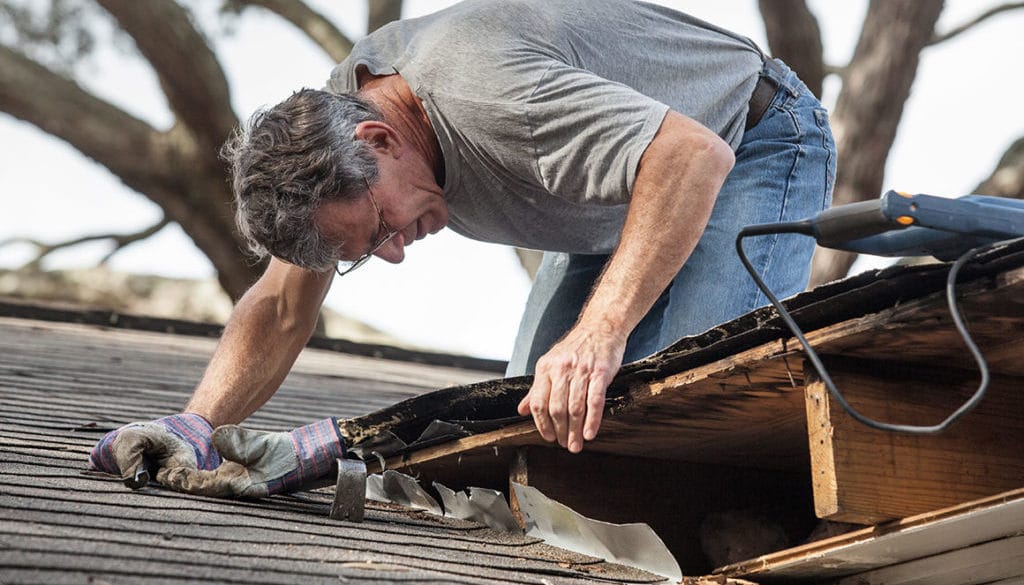
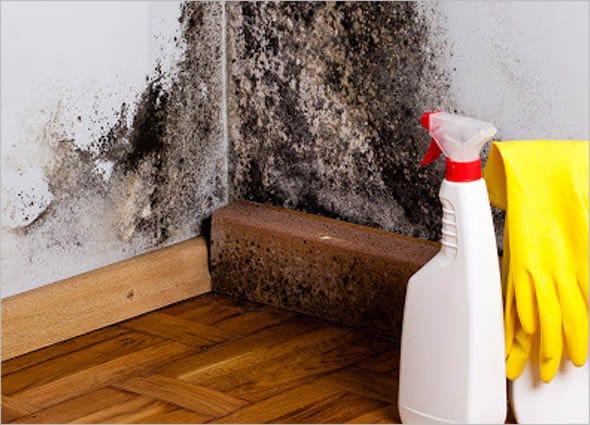



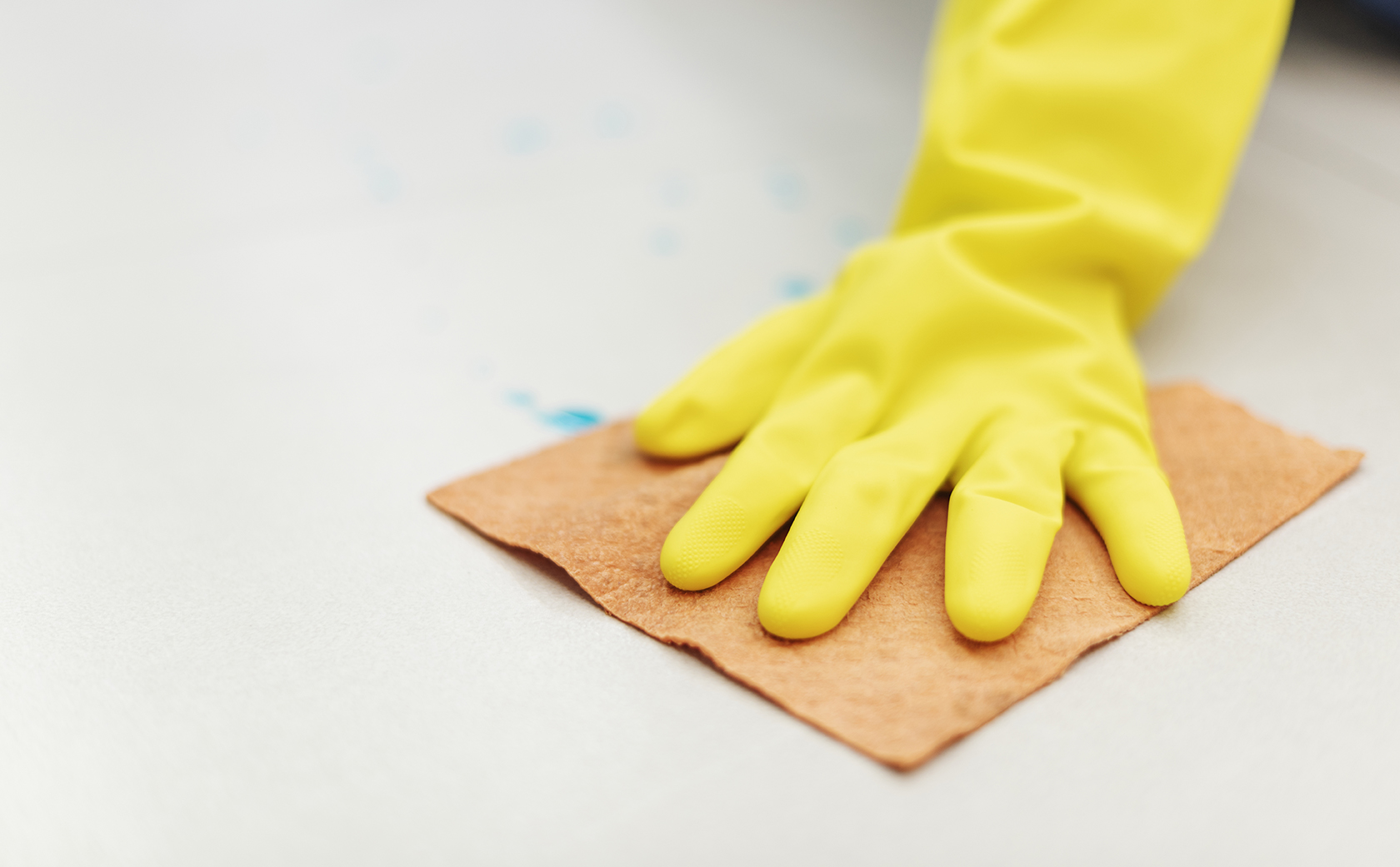



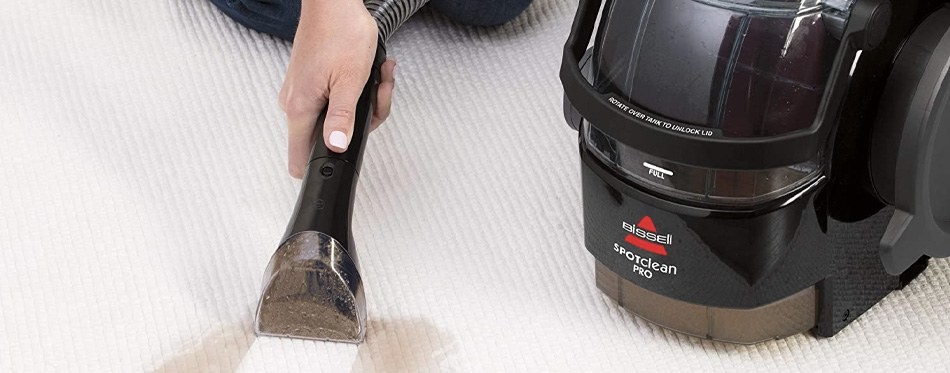
:max_bytes(150000):strip_icc()/RMR-86InstantMoldStainMildewStainRemover-32ozwSprayer-5c3e35fec9e77c00017e97c2.jpg)

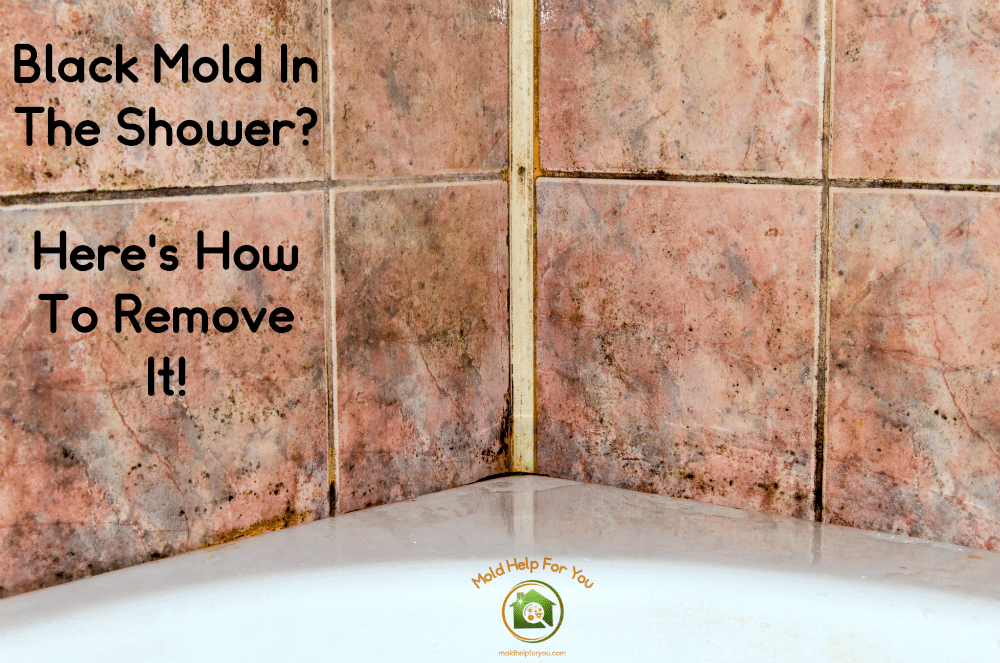

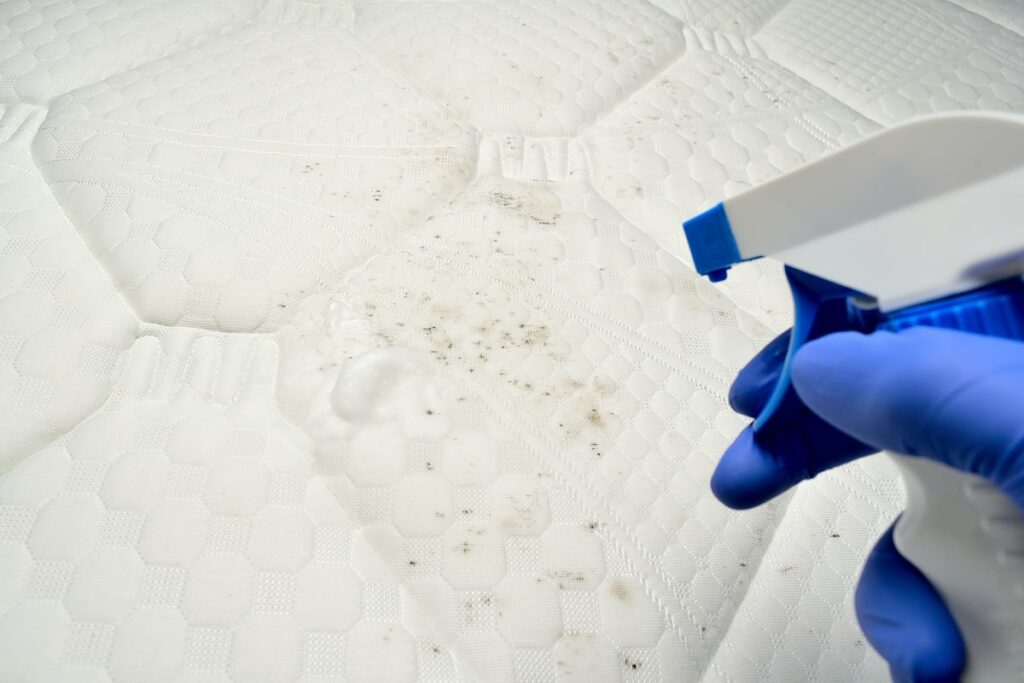
/GettyImages-504312298-2509253a39a841cd84970089b16e794e.jpg)


